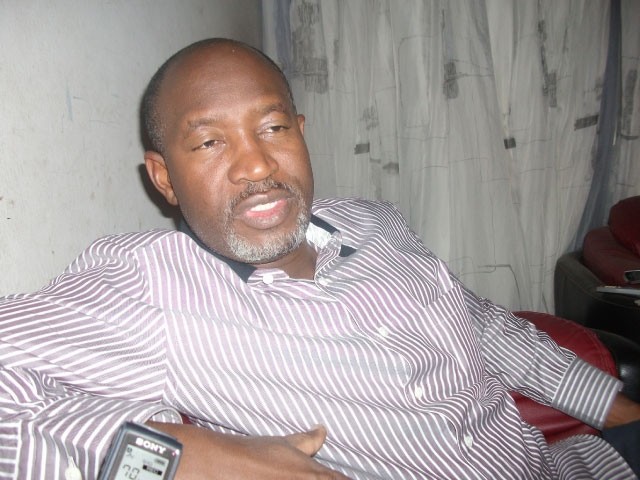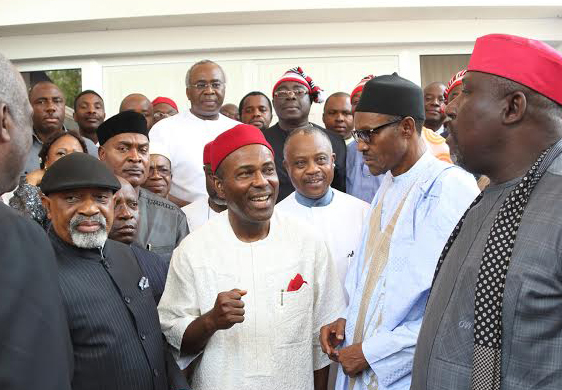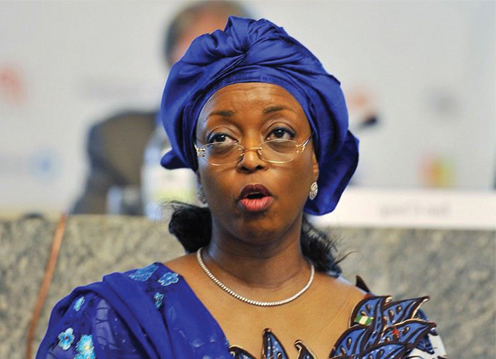Cadbury Nigeria engineered a new operating momentum in 2009 that led to its return to profit in 2010. The beverage manufacturing company’s new configuration has run out of steam again. A big profit slash happened last year and this year the company is back in the red.
A new strength in revenue growth seen in 2010 and 2011, stagnated in the following two years and the company closed 2014 operations with the lowest turnover in four years. A further drop happened at the end of the second quarter in June, indicating that the company might close the current year with the lowest sales revenue in five years.
A robust finance income has been a major strength on the income statement but that fell by 81% in 2014 and has fallen by another 79% as at the end of the second quarter. The robust cash flow and huge cash balances that used to produce huge interest income have thinned down considerably. The company hasn’t yet returned to the injurious bank borrowings that hurt it badly in the past but it may not be that far from it going forward.
Inability to grow sales revenue is the critical problem. Sales revenue closed 8% down year-on-year at about N14.14 billion for the company at the end of the second quarter. The full year expectation is N29.5 billion, which will be a decline of 3.3% from the sales revenue of N30.52 billion the company posted at the end of 2014. Sales revenue dropped by 15% in 2014 to stand at the lowest figure since 2011.
Advertisement
Despite the turnaround of the company in 2010, inability to grow sales revenue has remained a problem. Five years after, turnover isn’t expected to be better than the N29.2 billion it reported in 2010.
Cadbury Nigeria closed the second quarter operations with a net loss of N250.7 million, which is a drop of 120% from the profit figure of N1,263 million in the same period last year. The loss position is very likely to follow the company to full year. After tax profit fell by 75% in 2014 from a peak figure of N6.02 billion in 2013 to N1.51 billion, the lowest profit in four years.
The ability to convert revenue into profit weakened considerably in 2014. Net profit margin sank from 16.8% in 2013 to 5% in 2014. The margin is further down into the negative territory at the end of the second quarter of the current year.
Advertisement
The company continues to experience operating pressures from both cost and revenue lines. Apart from the decline in sales revenue, other incomes have also continued to drop. Finance income, which boosted the bottom line in 2013, dropped by 81% to N331 million in 2014. It dropped further by 79% to under N64 million at the end of the second quarter. Also, other income, which dropped by 35% in 2014 is further down by 90% to only N13 million at the end of June.
Costs aren’t coming down with sales revenue and this is true of all the main cost lines of the company. Cost of sales edged up 1% year-on-year in the second quarter against the 8% fall in sales revenue. That caused nearly 24% drop in gross profit to N4.12 billion at half year. Marketing and administrative expenses rose by 10% to N4.45 billion over the same period, claiming 31.5% of revenue against 26.5% in the same period last year. The summary of the company’s operating story is that income lines are down and costs are increasing.
Luckily, the company’s balance sheet was still free of interest bearing debts as at the end of June. Changes in the balance sheet have helped the company’s cash flow position significantly. Inventories are down by 15% to N2.02 billion as at the end of the second quarter over the closing figure last December. Trade and other receivables also declined slightly by 2% to N5.97 billion during the same period.
Trade and other payables grew by 9% to N14.68 billion and cash and bank balances grew by 8% to nearly N4 billion. These developments explain a drastic change from a net cash of N1.28 billion used in operating activities in the prior year to a net cash generation of N835 million at the end of the second quarter.
Advertisement
Since the company exited its balance sheet debts with fresh capital injection it has operated with an entirely debt free balance sheet. A good part of the company’s cash resources have now been depleted and a resort to fresh borrowings might become compelling for Cadbury Nigeria in the short-term.
Add a comment







